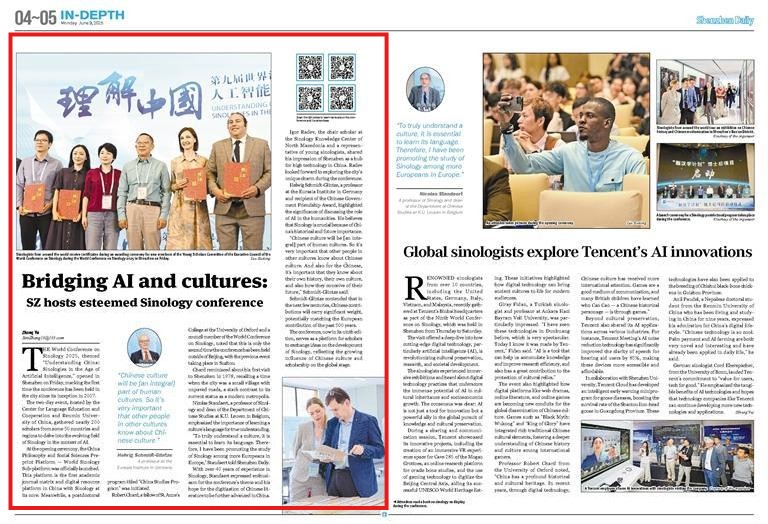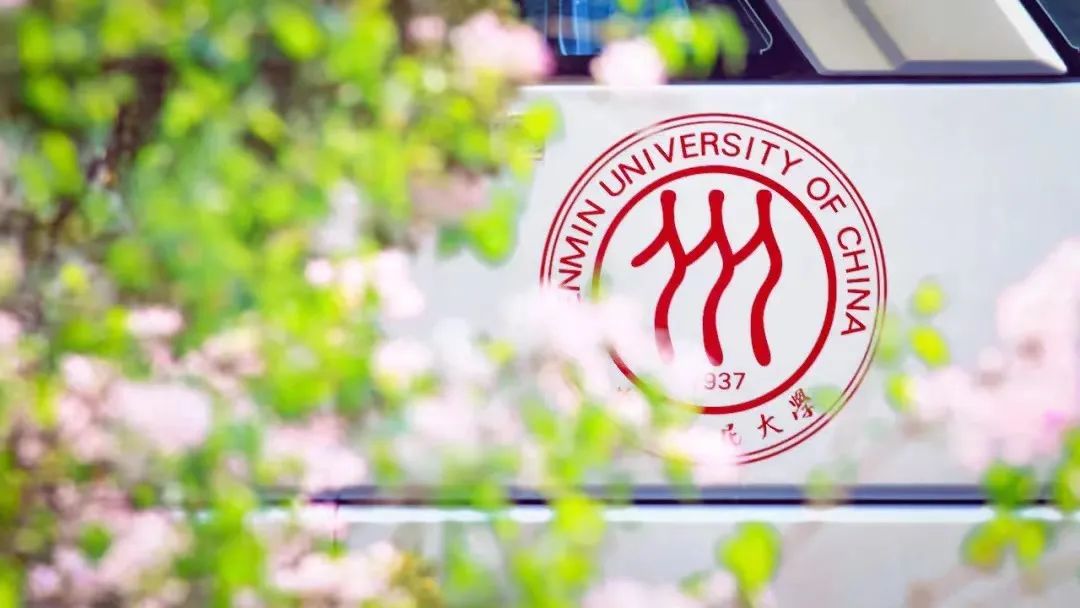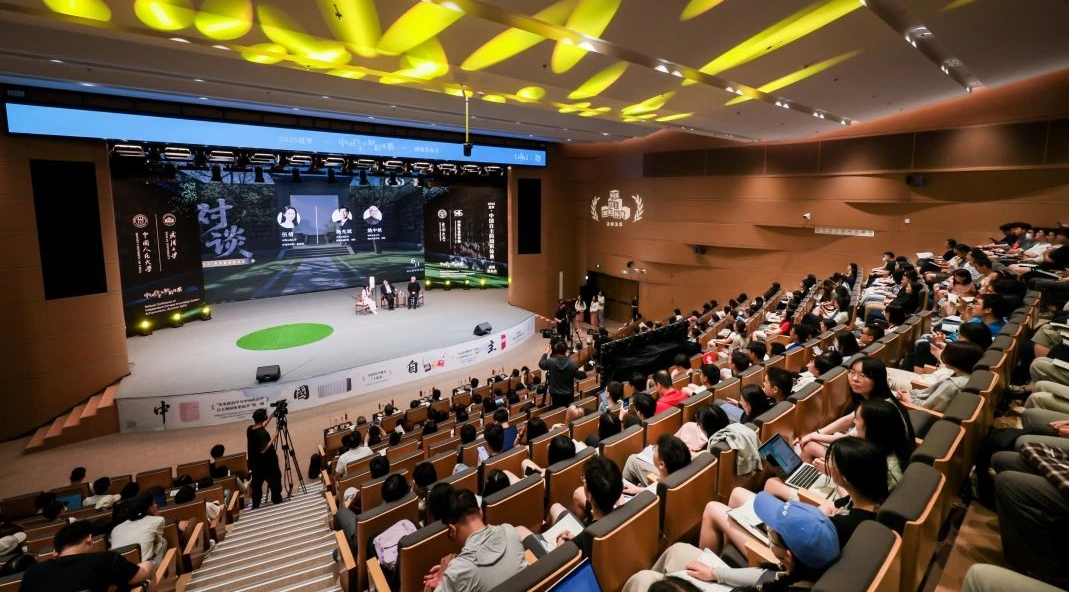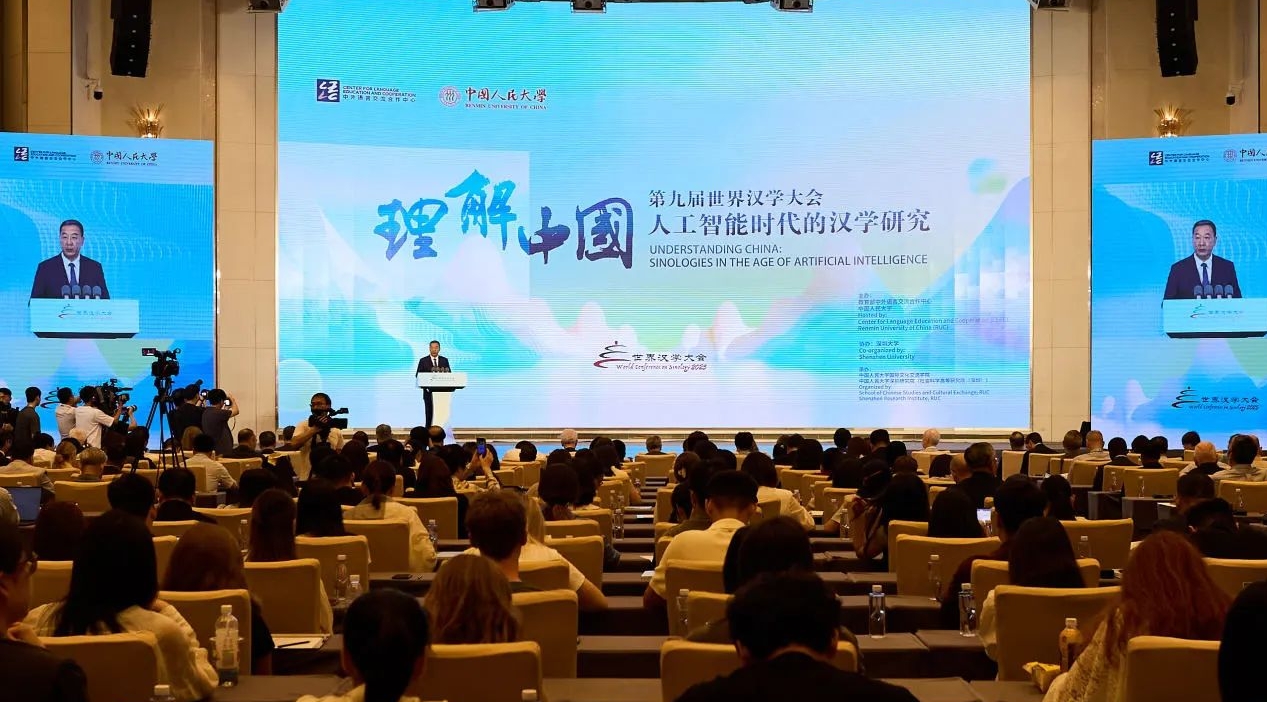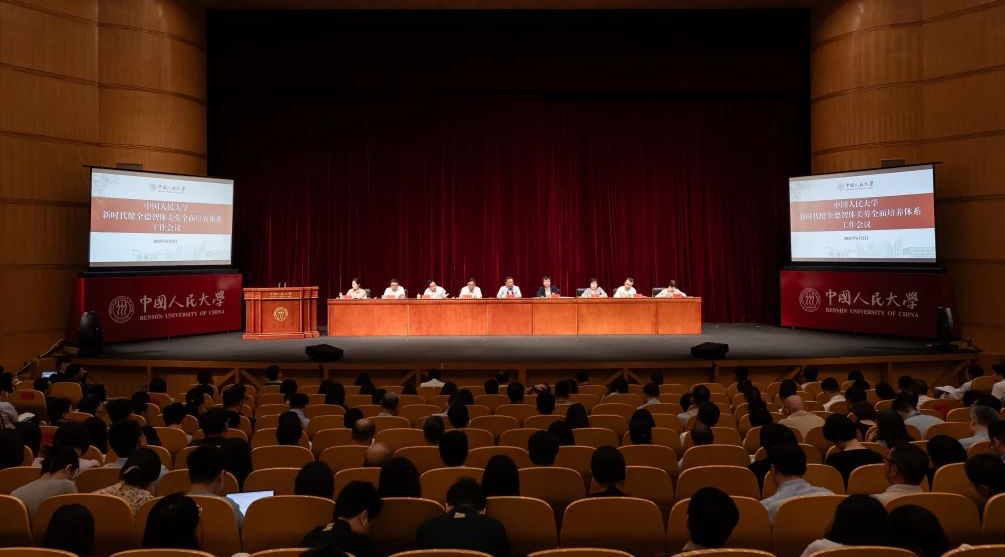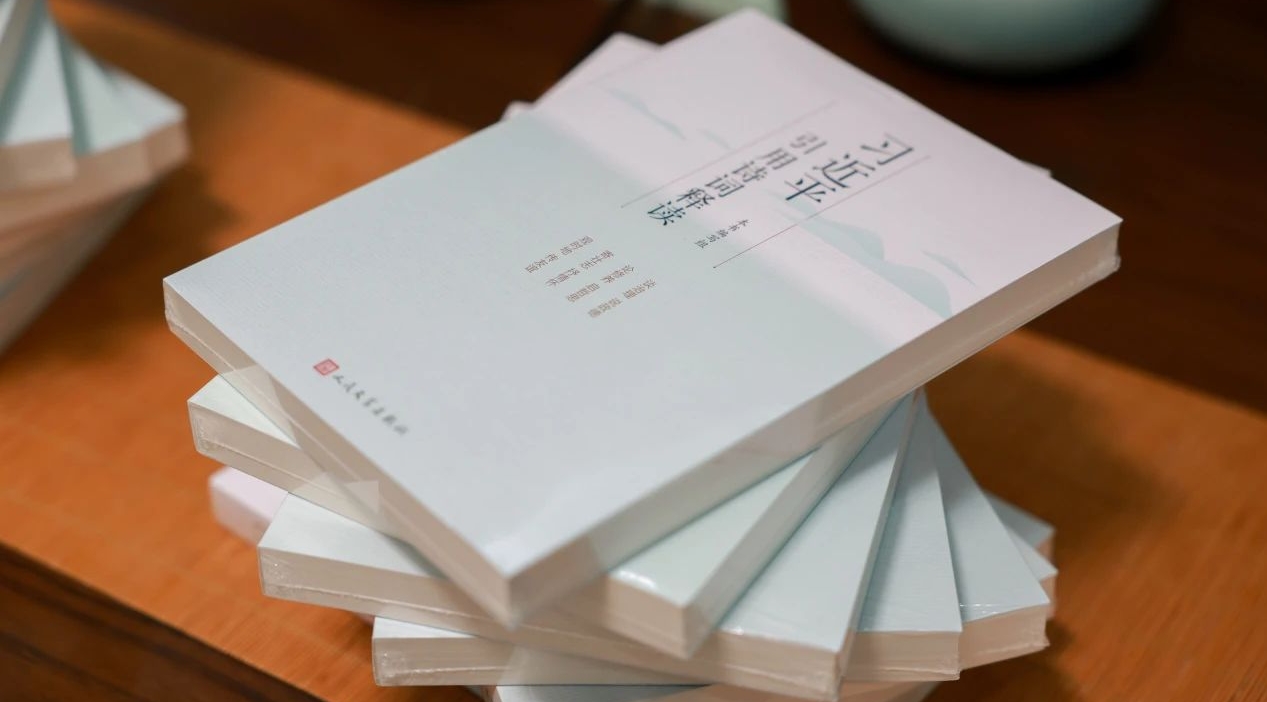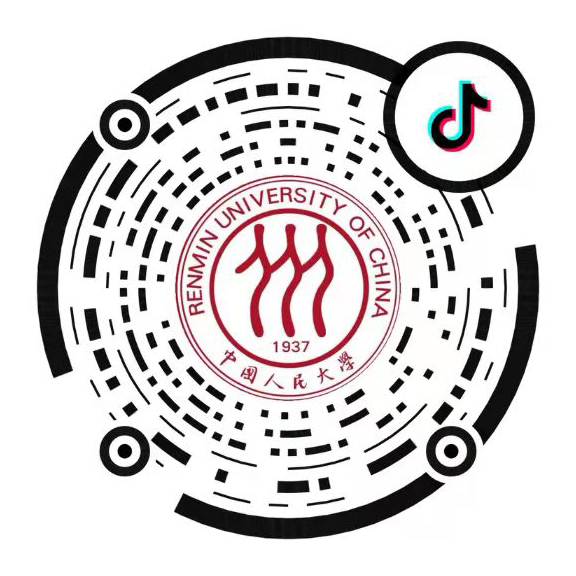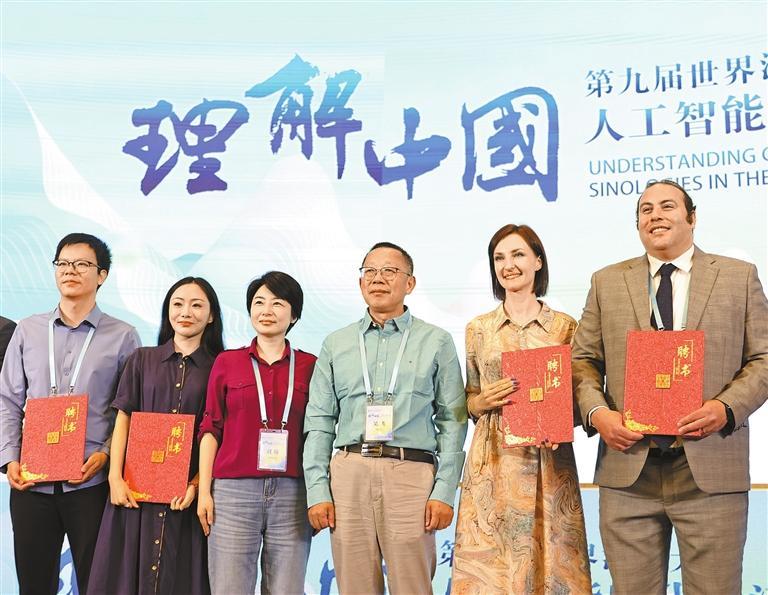
(Sinologists from around the world receive certificates during an awarding ceremony for new members of the Young Scholars Committee of the Executive Council of the World Conference on Sinology during the World Conference on Sinology 2025 in Shenzhen on Friday.)
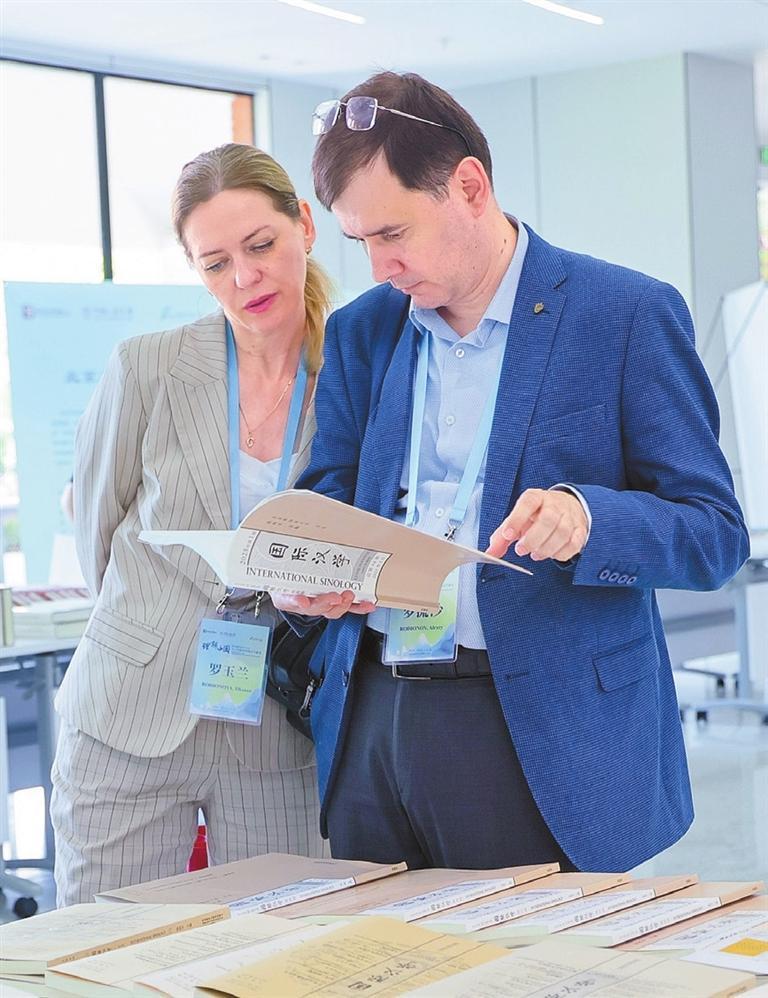
(Attendees read a book on sinology on display during the conference.)
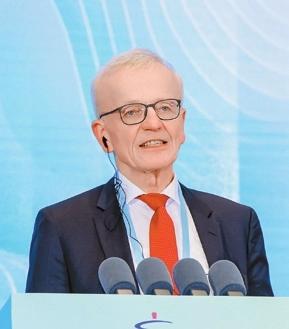
(“Chinese culture will be [an integral] part of human cultures. So it’s very important that other people in other cultures know about Chinese culture.” Helwig Schmidt-Glintze A professor at the Eurasia Institute in Germany)
THE World Conference on Sinology 2025, themed “Understanding China: Sinologies in the Age of Artificial Intelligence,” opened in Shenzhen on Friday, marking the first time the conference has been held in the city since its inception in 2007.
The two-day event, hosted by the Center for Language Education and Cooperation and Renmin University of China, gathered nearly 200 scholars from some 50 countries and regions to delve into the evolving field of Sinology in the context of AI.
At the opening ceremony, the China Philosophy and Social Sciences Preprint Platform — World Sinology Sub-platform was officially launched. This platform is the first academic journal matrix and digital resource platform in China with Sinology at its core. Meanwhile, a postdoctoral program titled “China Studies Program” was initiated.
Robert Chard, a fellow of St. Anne’s College at the University of Oxford and a council member of the World Conference on Sinology, noted that this is only the second time the conference has been held outside of Beijing, with the previous event taking place in Suzhou.
Chard reminisced about his first visit to Shenzhen in 1978, recalling a time when the city was a small village with unpaved roads, a stark contrast to its current status as a modern metropolis.
Nicolas Standaert, a professor of Sinology and dean of the Department of Chinese Studies at K.U. Leuven in Belgium, emphasized the importance of learning a culture’s language for true understanding.
“To truly understand a culture, it is essential to learn its language. Therefore, I have been promoting the study of Sinology among more Europeans in Europe,” Standaert told Shenzhen Daily.
With over 40 years of experience in Sinology, Standaert expressed enthusiasm for the conference’s theme and his hope for the digitization of Chinese literature to be further advanced in China.
Igor Radev, the chair scholar at the Sinology Knowledge Center of North Macedonia and a representative of young sinologists, shared his impression of Shenzhen as a hub for high technology in China. Radev looked forward to exploring the city’s unique charm during the conference.
Helwig Schmidt-Glintze, a professor at the Eurasia Institute in Germany and recipient of the Chinese Government Friendship Award, highlighted the significance of discussing the role of AI in the humanities. He believes that Sinology is crucial because of China’s historical and future importance.
“Chinese culture will be [an integral] part of human cultures. So it’s very important that other people in other cultures know about Chinese culture. And also for the Chinese, it’s important that they know about their own history, their own culture, and also how they conceive of their future,” Schmidt-Glintze said.
Schmidt-Glintze contended that in the next few centuries, Chinese contributions will carry significant weight, potentially matching the European contribution of the past 500 years.
The conference, now in its ninth edition, serves as a platform for scholars to exchange ideas on the development of Sinology, reflecting the growing influence of Chinese culture and scholarship on the global stage.
(原文刊载于《深圳日报》2025年6月9日第04版。)
原文链接:[Shenzhen Daily]Bridging AI and cultures: SZ hosts esteemed Sinology conference
